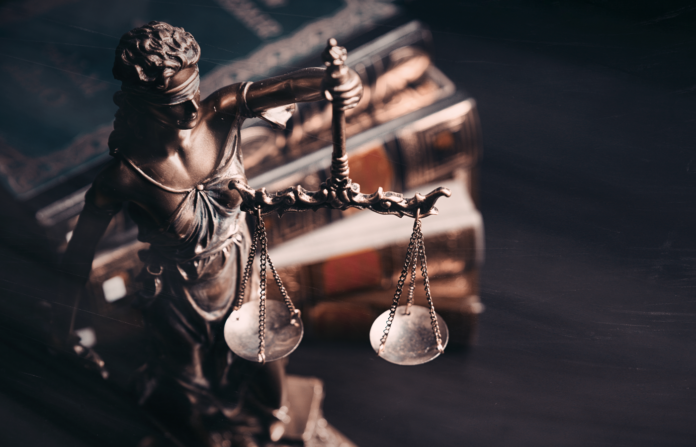In a possible landmark statement for AI companies pleading fair use to train their models, a judge has revised a 2023 opinion that sided with an AI aggregator over Thomson Reuters. Reuters News, which Thomson Reuters owns, revealed the decision on Tuesday.
So far, tech companies have sometimes claimed fair use as a defense against copyright cases. The Thomson Reuters case could change the way AI content and AI training is considered legally, possibly allowing more protections for human work.
Fair use ruling concerns use of Westlaw headnotes
Legal research firm Ross Intelligence sought to use content from Westlaw, Thomson Reuters’ legal research platform, to train an AI search tool. According to the account written by the judge on the case, U.S. Circuit Judge Stephanos Bibas operating in Delaware, Thomson Reuters declined to license Westlaw content because Ross competed with Westlaw. Instead, Ross commissioned LegalEase to write thousands of “bulk memos” based in part on Westlaw headnotes (i.e., summaries of court cases). Put simply, the question was whether Ross infringed on Thomson Reuters’ copyright by using material based on Westlaw content.
In 2023, Bibas determined that Thomson Reuters was not eligible for summary judgment on grounds of copyright infringement and the fair-use defense, and therefore recommended the case be moved to trial.
“But a headnote can introduce creativity by distilling, synthesizing, or explaining part of an opinion, and thus be copyrightable. That is why I have changed my mind,” Bibas wrote in 2025.
Bibas’ 2025 reconsideration of the decision is a fascinating look at the nuances of copyright. A key question is whether certain headnotes from Westlaw content, which LegalEase lawyers were supposed to use as a basis for their work but not directly copy, were used in a way covered by copyright.
As Bibas noted, Ross Intelligence’s AI system was automated but not generative. “Rather, when a user enters a legal question, Ross spits back relevant judicial opinions that have already been written,” Bibas wrote.
The headnotes must contain a “minimum ‘spark’ of originality” to be considered legal under copyright law, Bibas said.
“The key question, then, is whether a work is original, not how much effort went into developing it,” Bibas wrote.
The judge’s reconsideration means the case will next go to trial in front of a jury.
Ross Intelligence is no longer in operation, due to the legal battle.
What does this mean for companies like OpenAI?
This case is the first U.S. ruling on the relevance of fair use to AI copyright litigation, including regarding generative AI. Publishers, authors, record labels, visual artists, and others have brought legal action against firms like Meta and OpenAI without firm conclusions; these cases are still being considered in the courts. Other media conglomerates have struck deals to permit AI companies to use their content.
